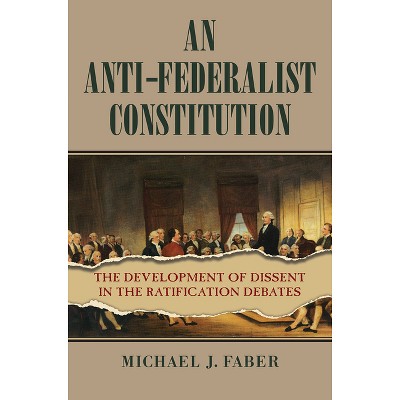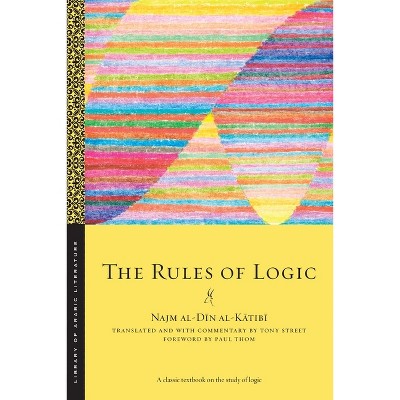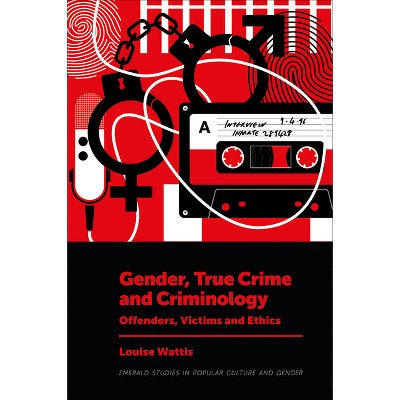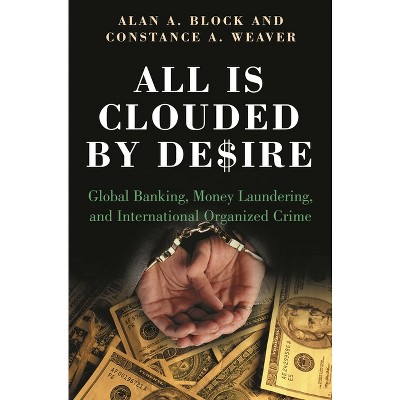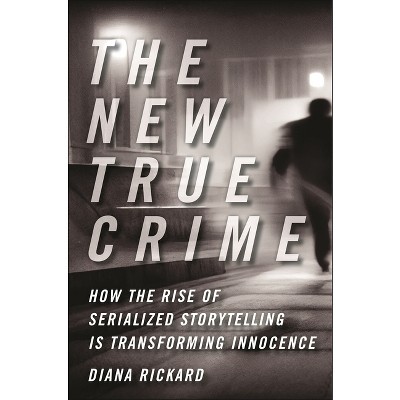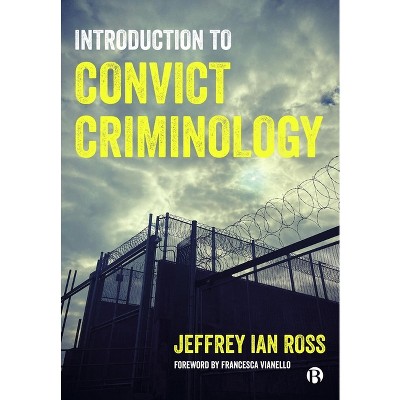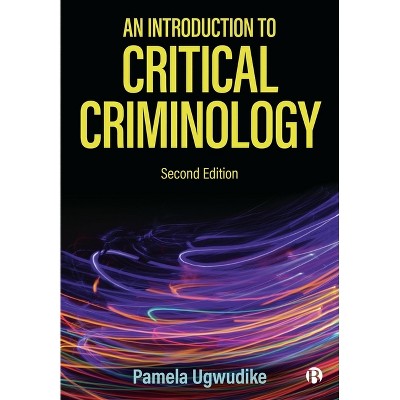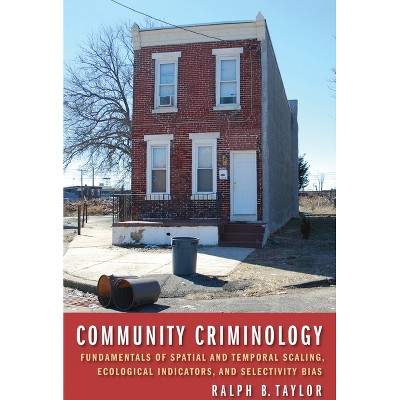Sponsored

A Socio-Legal History of the Laws of War - (Emerald Advances in Historical Criminology) by Christopher W Mullins (Hardcover)
In Stock
Sponsored
About this item
Highlights
- International laws governing the conduct of war and the behaviour of soldiers on the field of battle is a topic of strong academic and legal interest.
- About the Author: Christopher W. Mullins, Ph.D. is Associate Dean of Academic and Student Affairs for the College of Health and Human Services and (full) Professor in the school of Justice and Public Safety at Southern Illinois University Carbondale.
- 208 Pages
- Social Science, Criminology
- Series Name: Emerald Advances in Historical Criminology
Description
About the Book
Tying the story of the development of the laws of war to key changes occurring within society, A Socio-Legal History of the Laws of War: The Birth of International Humanitarian Law examines the emergence of international law and legal orders whereby more precisely articulated, formalized, and codified laws of war were adopted.
Book Synopsis
International laws governing the conduct of war and the behaviour of soldiers on the field of battle is a topic of strong academic and legal interest. Moving beyond contemporary work on the laws of war that is legalistic in nature, A Socio-Legal History of the Laws of War demonstrates how the content and application of these laws are driven as much by cultural worldview and normative practice, as by legal principle.
Tying the story of the development of the laws of war to key structural and cultural changes occurring within the societies that develop and adopt such behavioural proscriptions, this history, the second of two volumes, examines the emergence of international law and legal orders whereby warfare and its conduct begin moving out of the realm of cultural norms and into a quasi-legal space, where specific principles of international law in general, and laws of war in particular, become more precisely articulated, formalized, and codified.
Examining the evolution and multiplication of laws constraining how warfare is waged from the founding of the United Nations and the formalized creation of the Geneva Conventions to the contemporary era, the utilization of ad hoc tribunals in the post-war period, and the establishment of the International Criminal Court in the early 21st century, Mullins provides a cogent understanding of how this historical moment developed and what paths potential lie ahead.
About the Author
Christopher W. Mullins, Ph.D. is Associate Dean of Academic and Student Affairs for the College of Health and Human Services and (full) Professor in the school of Justice and Public Safety at Southern Illinois University Carbondale. His research focuses on atrocity violence and the laws designed to prevent it.
Shipping details
Return details
Frequently bought together
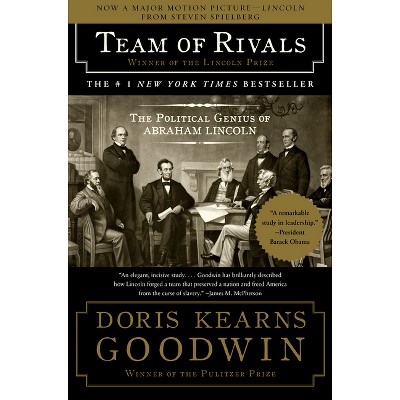


Trending Non-Fiction






